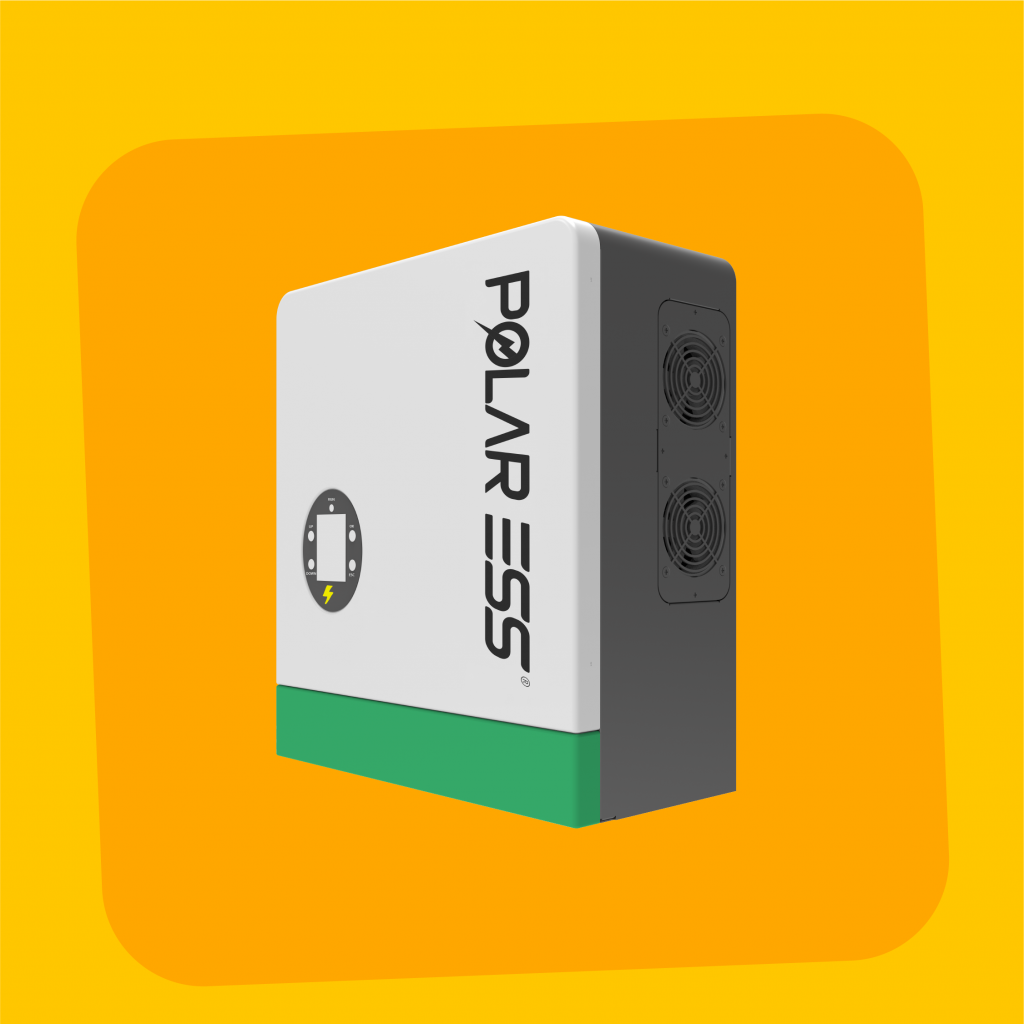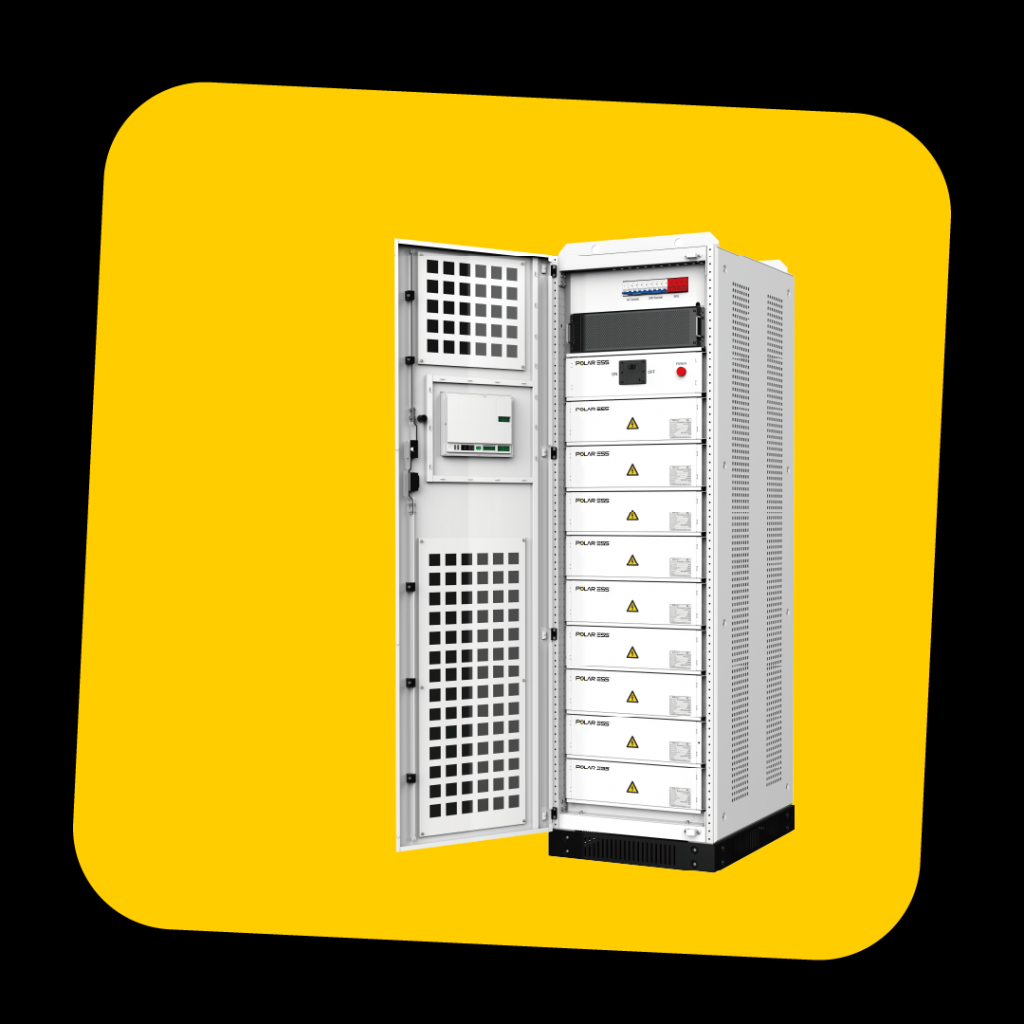
solar energy battery storage system is a technology that allows the storage of excess solar energy generated by photovoltaic panels for later use. This innovative solution addresses the intermittent nature of solar power and provides numerous benefits for both individuals and communities.
Enhanced Reliability and Resilience
A solar energy battery storage system ensures a reliable supply of electricity even during periods when sunlight is limited or unavailable. By storing surplus energy, it can be used during cloudy days or at night, reducing dependence on the grid. This enhances resilience against power outages caused by natural disasters or other disruptions.
Find more about energy storage.
Optimized Self-Consumption

With a solar energy battery storage system, homeowners can maximize their self-consumption of renewable energy. Excess electricity generated during peak sun hours can be stored in batteries instead of being fed back into the grid. This enables households to rely less on electricity from traditional sources and reduce their carbon footprint.
Economic Benefits
In addition to environmental advantages, installing a solar energy battery storage system can lead to significant cost savings over time. By utilizing stored solar power during high-demand periods, homeowners can avoid expensive peak-time charges imposed by utility companies. Furthermore, some regions offer incentives such as tax credits or rebates for adopting renewable technologies like these systems.
Difference between On-Grid and Off-Grid Solar Inverters
The main difference between on-grid and off-grid solar inverters lies in their connection to the electrical grid. On-grid inverters are designed to work in conjunction with the existing utility grid infrastructure, allowing excess electricity produced by the PV panels to be fed back into the grid for credit or compensation. Off-grid inverters, on the other hand, are used in standalone systems where no grid connection is available, and they store excess energy in batteries for later use.
On-grid solar inverters enable homeowners to take advantage of net metering programs, which can further reduce electricity costs. Off-grid solar inverters provide independence from the grid and are commonly used in remote areas or for emergency backup power.
Conclusion
Solar energy battery storage systems offer a promising solution to overcome the intermittent nature of solar power generation. By storing surplus energy, these systems enhance reliability, optimize self-consumption, and provide economic benefits. Understanding the difference between on-grid and off-grid solar inverters allows individuals to choose the most suitable option based on their specific needs. Embracing this technology not only contributes to a sustainable future but also empowers individuals with greater control over their energy consumption.
Click difference between on grid and off grid solar inverter.